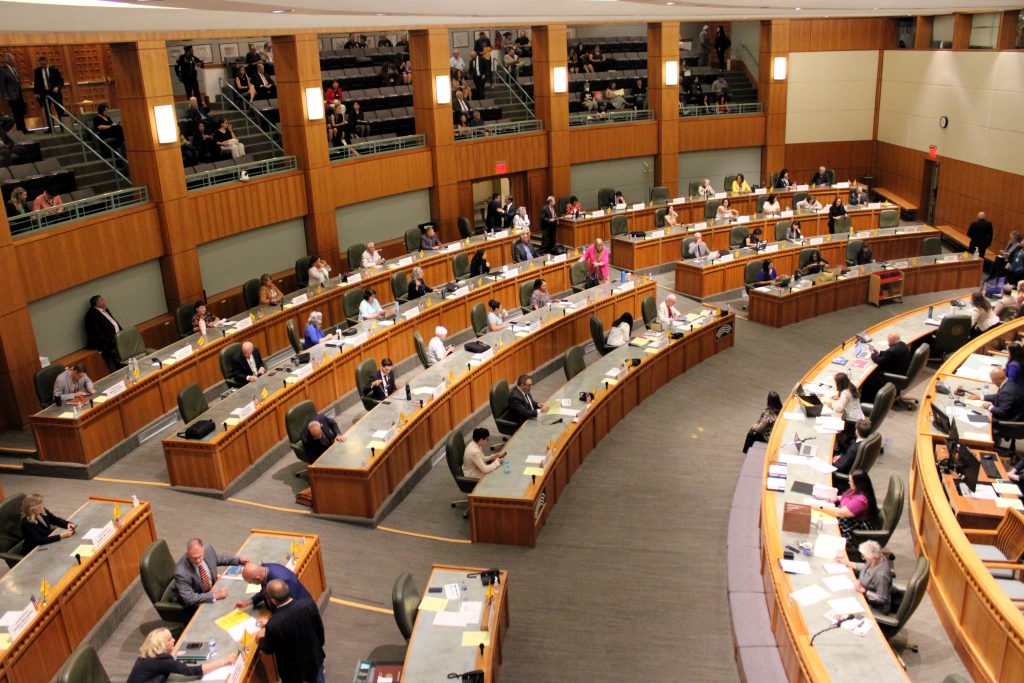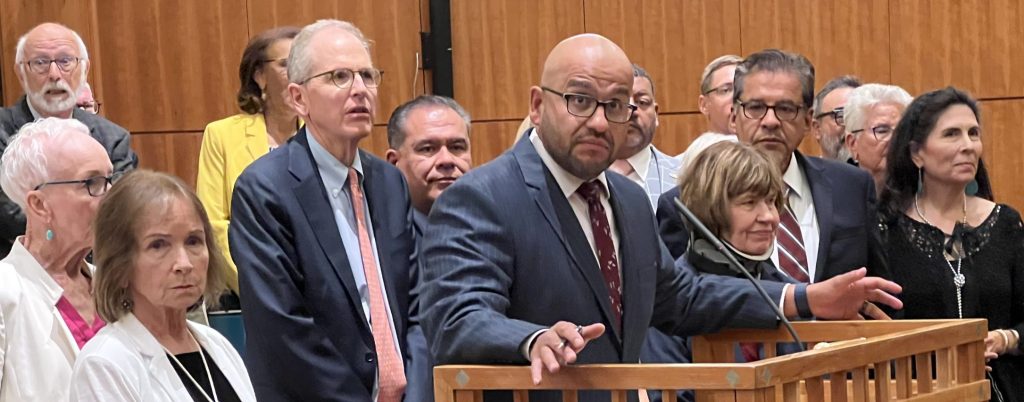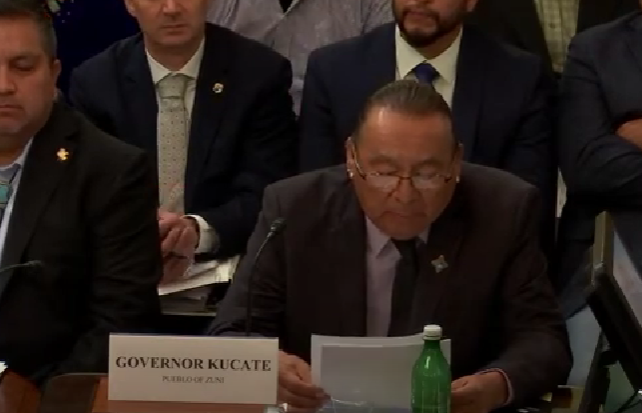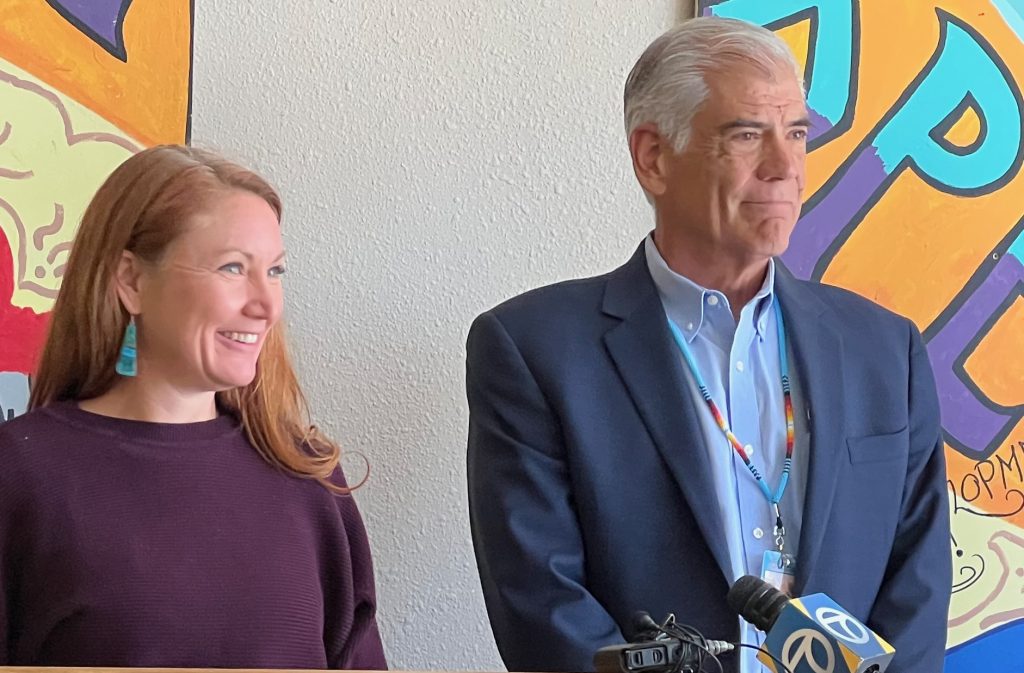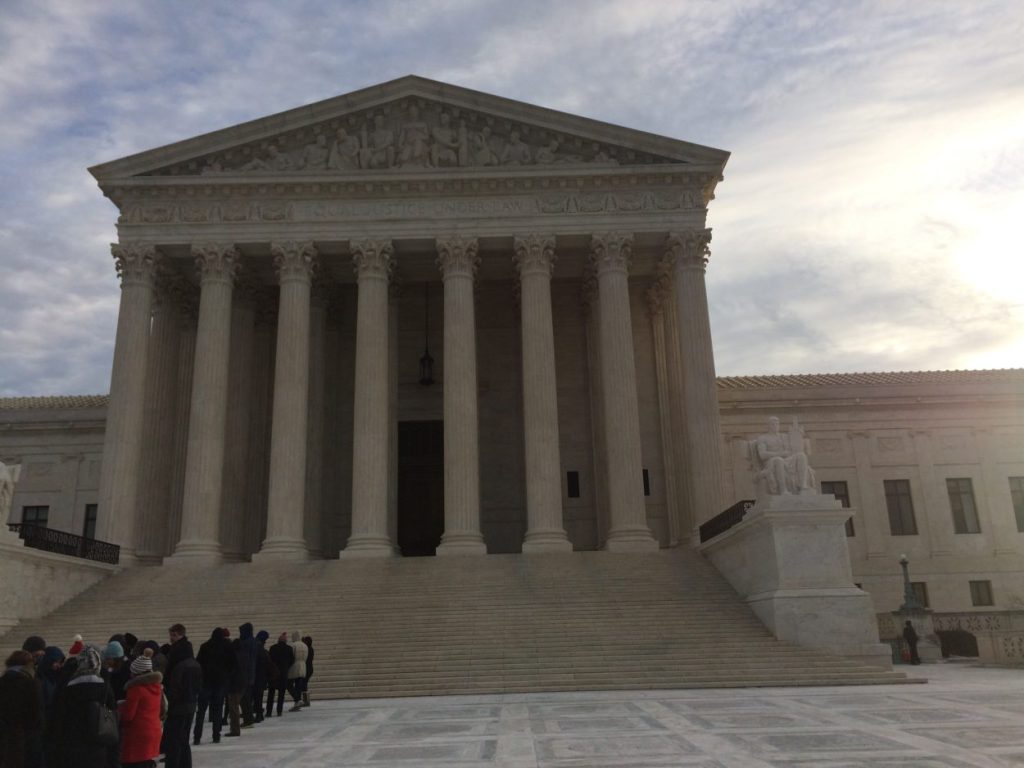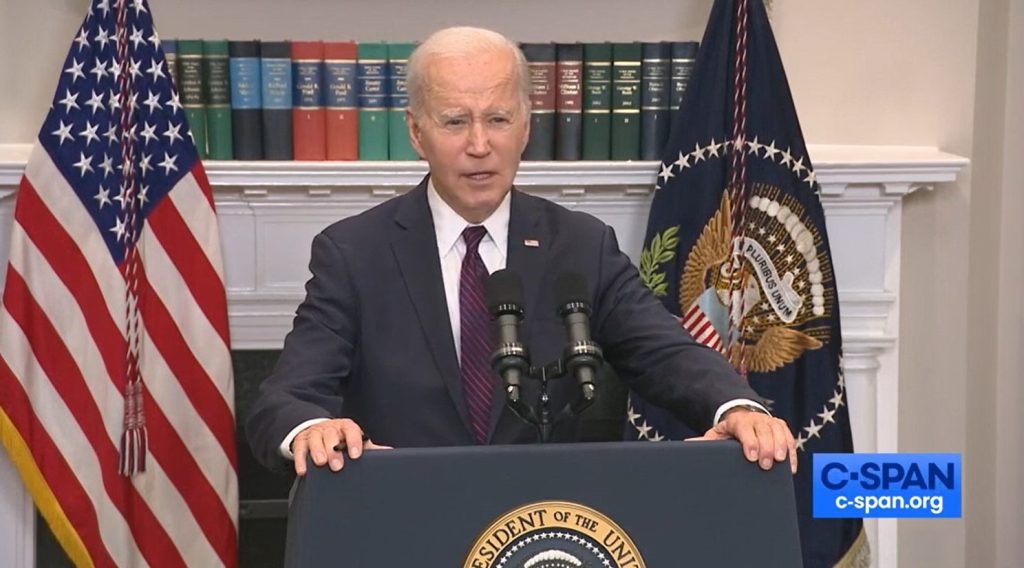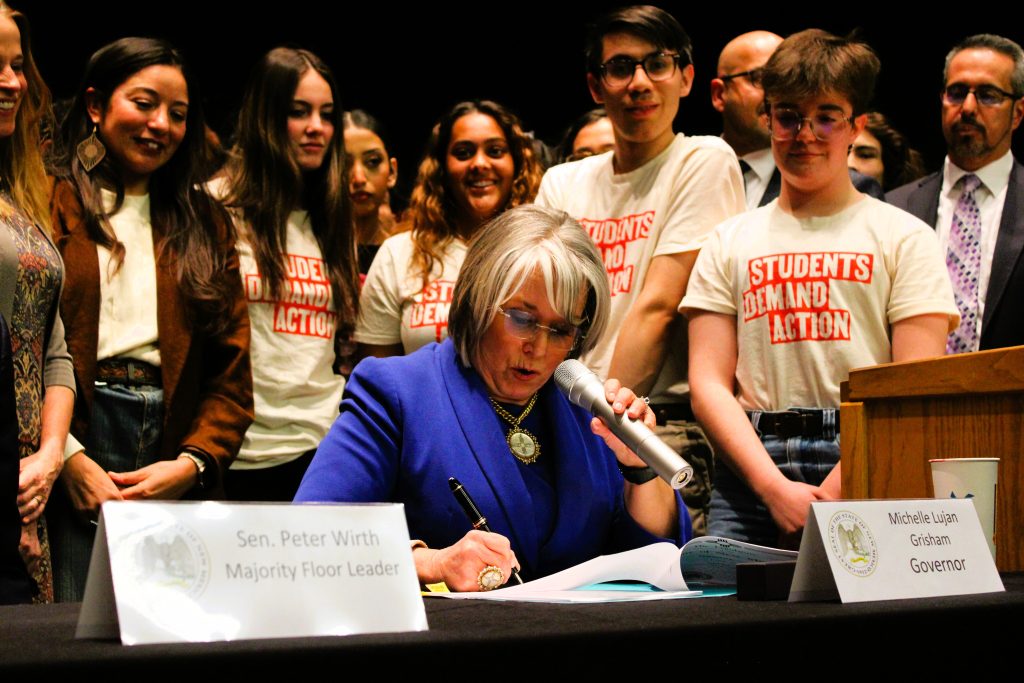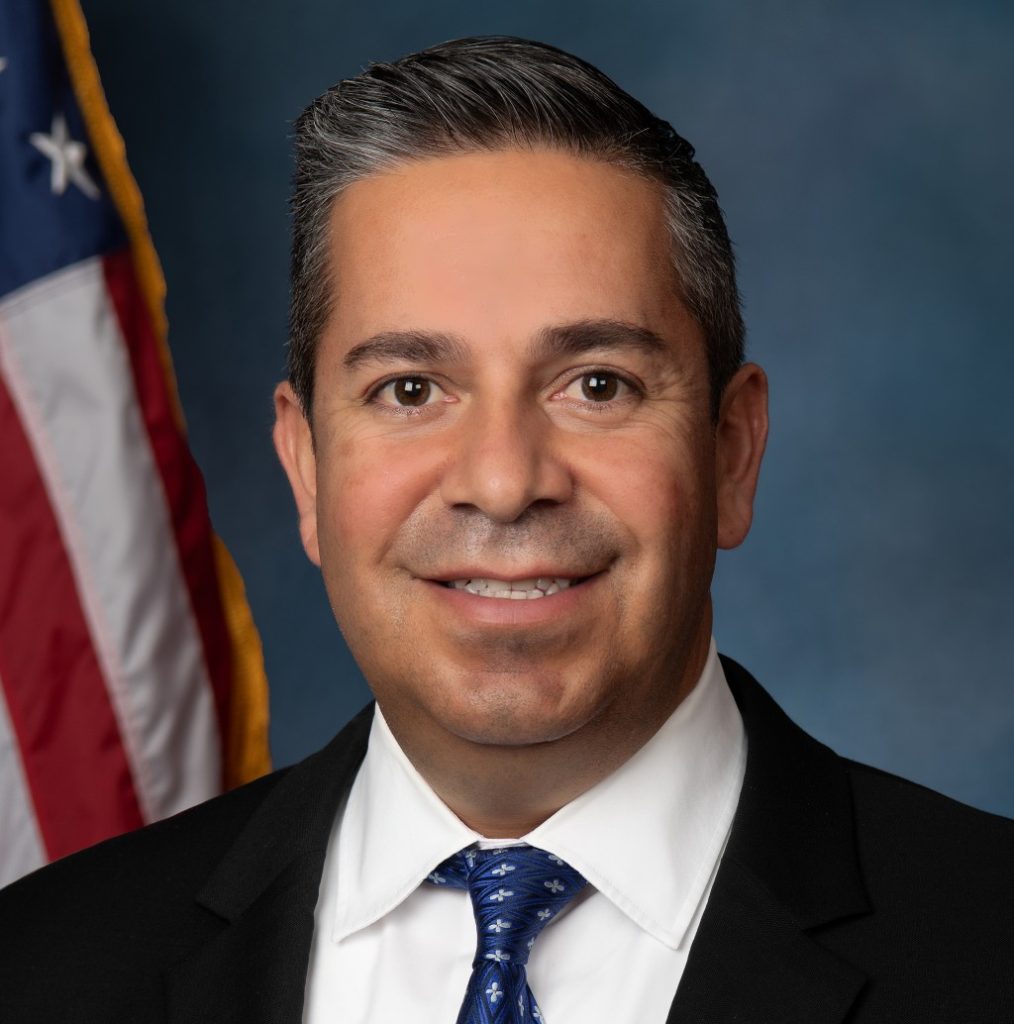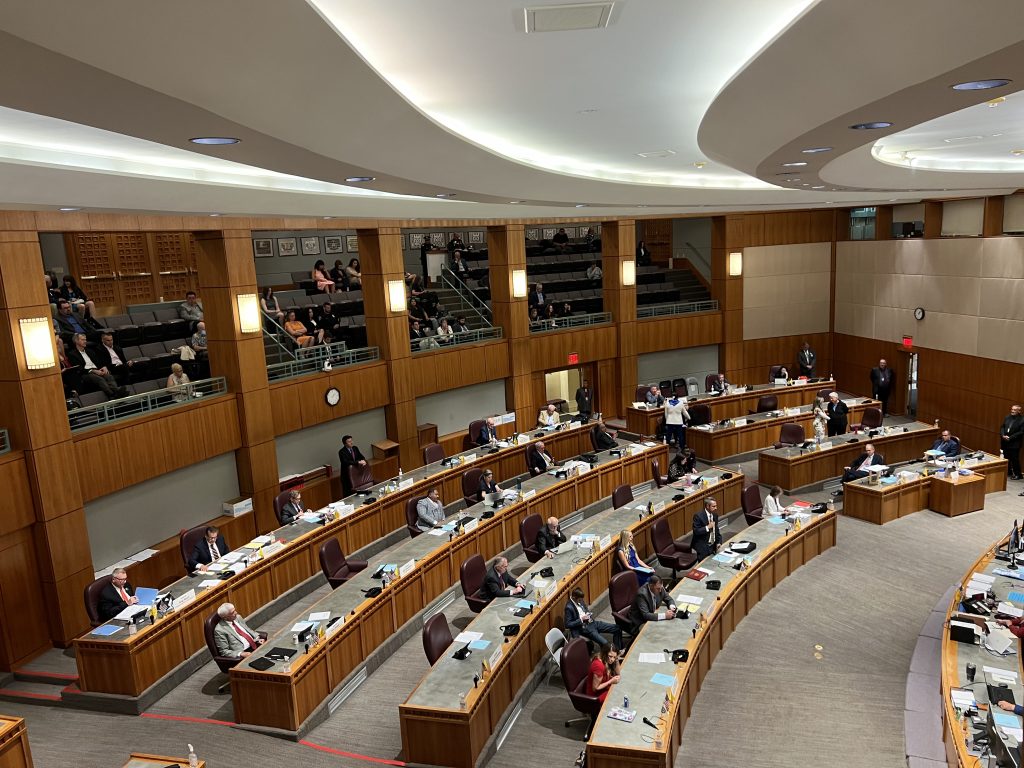The U.S. Immigration and Customs Enforcement has transported a group of Haitian asylum seekers to the Torrance County Detention Facility and are not allowing the asylum seekers their due process rights, legal immigration experts have said.
In addition, the asylum seekers at the Torrance County facility could have witnessed U.S. Border Patrol on horseback with whips confronting Haitian migrants outside of Del Ray, Texas, in September, Allegra Love, an attorney who works with migrants, told NM Political Report.
Love said that all the people currently held in immigration detention should be “released today.”
“All of this is unnecessary,” she said.
Love said that in addition to the asylum seekers’ due process rights being violated, the U.S. is violating their human rights and the U.S. is in violation of international law in the way it is handling asylum seekers.
An ICE spokesperson said that ICE provides access to counsel.
“U.S. Immigration and Customs Enforcement’s (ICE) civil detention system promotes access to counsel through a range of programs and standards. Detained noncitizens can communicate with counsel telephonically, via tablet, and through in-person legal visitation. ICE provides general legal information to all detained noncitizens; this information is provided through an overview video shown during orientation, through access to legal resources in a facility law library, and where available, through a Legal Orientation Program or Know Your Rights presentations provided by local legal service providers. Detainees are also provided with contact information for pro bono legal services. Torrance County Detention Facility (TCDF) is covered by ICE’s Performance Based National Detention Standards 2011, rev. 2016, which cover all aspects of detainee care, including legal access, visitation, recreation, medical, mental health and dental care.”
Love said asylum seekers she has talked to have complained about conditions and a lack of medical care.
Ryan Gustin, a spokesperson for CoreCivic, which runs the detention center, denied allegations of poor conditions or said he needed more specific information for further investigation.
“CoreCivic cares deeply about every person in our care. Our immigration facilities are monitored very closely by our government partners at ICE, and all facilities are required to undergo regular review and audit processes that include ensuring an appropriate standard of living for all detainees,” he wrote via email.
Related: Lawsuit against alleges civil rights violations by private prison company, Torrance County
Love said that ICE transferred the Haitian asylum seekers to Torrance County Detention Facility in late September immediately after the incident in Del Ray, Texas, when a news video of a border patrol agent on horseback appeared to whip a Haitian immigrant across the face.
But, she has not been able to ask the asylum seekers who have become her clients if they witnessed the incident because she has only been allowed one 15-minute phone call with a translator to speak to them, she said.
She said ICE is processing the Haitian asylum seekers without legal representation and that the government is moving far more quickly than normal to process the Haitian asylum seekers’ removal from the U.S.
“Three of the guys we’re fighting for were ordered removed at their first hearing with the judge. They had no counsel, no understanding of what’s going on. It’s highly unusual,” Love said.
She said the first meeting she was allowed to have with the asylum seekers involved yelling at them despite language barriers through a window.
“There were 30 men who speak Haitian Creole. We shouted at them through a window in Spanish and French to get a basic understanding,” she said.
She said that staff at the facility told her this method of contact with legal counsel was due to COVID-19 protocols.
She said she has not been allowed to give a presentation to all of the Haitian asylum seekers so they can know their legal rights despite repeated efforts.
A group of immigration rights advocates and attorneys sent a letter last week to ICE demanding that ICE allow the detained Haitians at the Torrance facility to be allowed access to legal services.
“At least 45 Haitian asylum-seekers are currently detained at Torrance County Detention Facility where they are being denied access to legal support and fast-tracked for deportation. Immigration detention needlessly deprives thousands of immigrants their liberty each day and the situation at Torrance further highlights how Black migrants are disproportionately impacted by an immigration system that is inherently cruel and racist. Our demands in this letter are clear: ICE must immediately halt the deportations of Haitian migrants at Torrance County Detention Facility and allow them access to the legal services and support they need,” Sirine Shebaya, executive director of the National Immigration Project, said through a statement.
Love said President Joe Biden’s administration is still hiding behind Title 42, a protocol developed under President Donald Trump to refuse U.S. asylum to immigrants seeking asylum. Trump began Title 42 at the beginning of the pandemic. The Biden administration has continued the policy despite numerous calls from immigration experts who say it is inhumane and in violation of international law.
Love said another problem is that there is a dearth of legal counsel the asylum seekers can receive help from in the area.
“Torrance cannot detain people where they have no meaningful opportunity to find representation. Four people have been able to find a private lawyer. That’s less than 10 percent who have been able to find counsel,” she said.
Love said that since Biden ran on the idea that he would restore humanity to U.S. border policies, she is disappointed in the lack of meaningful change since Trump left office.
“I don’t see the difference between this president and Trump. The conditions are just as bad as they ever were under the Trump administration,” Love said.
Love said Haiti is collapsing and the asylum seekers are in danger of their lives if they are deported.
“My clients I have spoken to, they don’t just fear poverty. They fear violence, gang violence, police violence. They are not a group of economic migrants. Haiti is really poor and it’s having enormous economic problems but they fear violence when they return. Some are extremely specific threats to their life,” she said.


